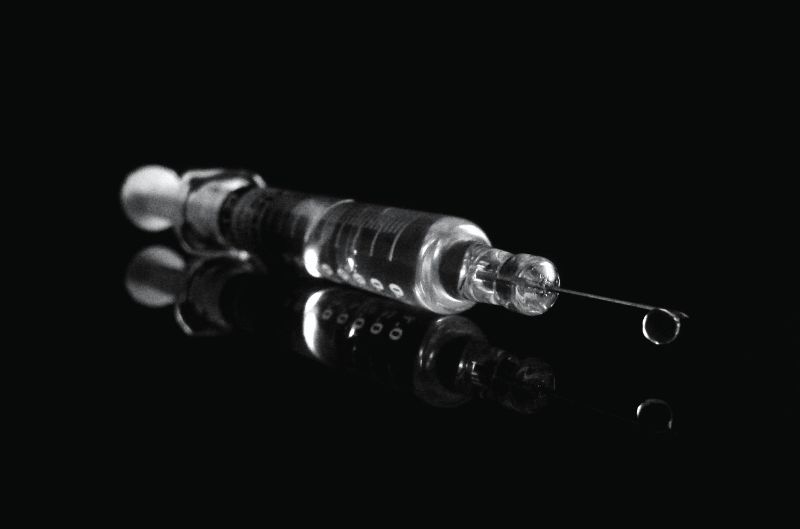
Pfizer and BioNTech have reported positive early data from a Phase I/II clinical trial of their Covid-19 vaccine candidate, BNT162b1, being conducted in Germany.
The open-label, non-randomised, non-placebo-controlled, dose-escalation trial is part of the companies’ global mRNA-based Covid-19 vaccine programme.

Discover B2B Marketing That Performs
Combine business intelligence and editorial excellence to reach engaged professionals across 36 leading media platforms.
BNT162b1 is a lipid nanoparticle formulated, nucleoside-modified messenger RNA encoding a SARS-CoV-2 receptor binding domain (RBD) antigen.
Preliminary results from the trial included findings from a total of 60 healthy adults aged 18 to 55. Of the 60 participants, 12 subjects each received 1µg, 10µg, 30µg or 50µg of BNT162b1 on day one and day 22.
The remaining 12 participants were administered with a single injection of 60µg.
BNT162b1 was found to have induced high, dose-dependent SARS-CoV-2-neutralising titers and RBD-binding IgG concentrations following the second dose.

US Tariffs are shifting - will you react or anticipate?
Don’t let policy changes catch you off guard. Stay proactive with real-time data and expert analysis.
By GlobalDataFurthermore, the product for the first time demonstrated a concurrent stimulation of high level CD4+ and CD8+ T cell responses against the SARS-CoV-2 RBD.
The investigators did not observe any clear dose level dependency of the T cell response between 1µg to 50µg. This is said to indicate that low mRNA dose levels may have induced and expanded T cells.
Overall, the vaccine candidate could potentially be given safely, with a manageable tolerability profile. Data showed no serious adverse events.
BioNTech co-founder and CMO Özlem Türeci said: “It is encouraging that the data on BNT162b1 from the German study cohort are very much in line with what we have seen in the US study cohort.
“The preliminary data indicate that our mRNA-based vaccine was able to stimulate antibody, as well as T-cell responses at remarkably low dose levels. We believe both may play an important role in achieving effective clearance of a pathogen, such as SARS-CoV-2.”
The company will use preliminary data from the German and US Phase I/II trials, along with other preclinical and clinical data being collected to determine a dose level.
This data will also be used to select among multiple vaccine candidates for a Phase IIb/III safety and efficacy trial, which is set to involve up to 30,000 healthy participants.





